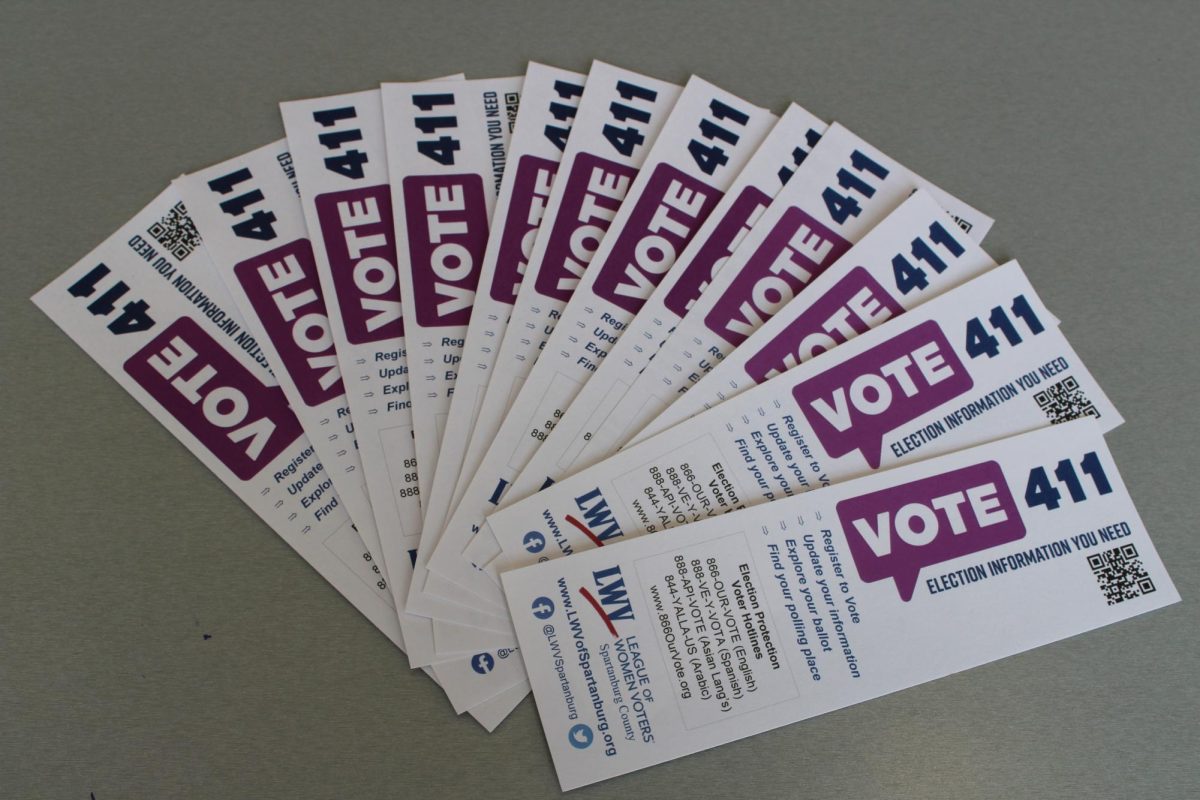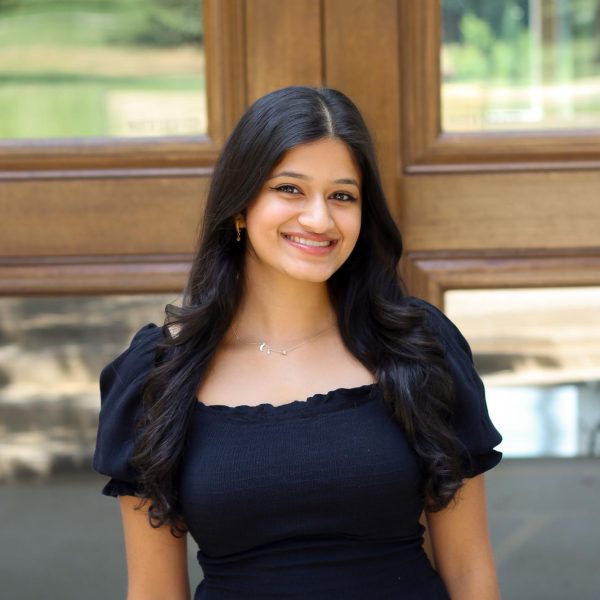On Oct. 11, 2024, Wofford’s philosophy department welcomed Brian Burkhart, a citizen of the Cherokee Nation and a professor at the University of Oklahoma, to discuss his current work, “As Strong The Land That Made You: Native American and Indigenous Philosophies of Well-Being Through the Land.”
“I wanted Burkhart to come speak to my students about Indigenous philosophy as his work focuses on settler colonialism and how it impacts the way we view different groups of people,” Stephanie Holt, assistant professor of philosophy, said.
Burkhart challenged the audience to reconsider their relationship with land, not as an object, but as a living entity. His approach draws from Indigenous views: land is kinship and shapes our very existence.
“Land holds all knowledge, life, and death,” Burkhart said.
Having a sense of pride in one’s origins is a principle adopted by many ancient civilizations. The notion that being from a particular land makes that identity an essential characteristic.
Burkhart refutes this western ideology by conveying that land is more than a place to be occupied– it is a living system that sustains human life by teaching and communicating with people.
“As humans, we are all here to stay because whatever land we are on, it is a part of our lives,” Burkhart said.
This mutualistic relationship between the land and humans is what shapes how Indigenous communities think about their ongoing responsibility to maintain harmony with the land and its living systems.
Burkhart explains that in Indigenous values, human elements are manifestations given by the land itself. There is a belief that the land is constantly communicating with its being through its own language.
Land is kinship because we are always in relation with each other. Burkhart highlights this by acknowledging the concept that while the land sustains us, other elements of the world also provide for us, like the wind allowing humans to have their own breath.
In this aspect, land can be seen as a relative. As a principle of kinship, there is a common reciprocity in the relationship between land and human beings. Burkhart wants everyone to think about all of the relationships that people have with the land, whether they are settlers or natives.
“We are always in relationship with the rest of creation,” Burkhart said,.
For many Indigenous cultures, land is not just an occupied space, rather it is a part of their identity and life. Burkhart shares the concept that kinship is a connection within a community. In Indigenous cultures, this connection goes beyond natural life.
“Cherokee is not just a name, it is a value and a way of being,” Burkhart concludes.
At Wofford, a place students attend to cultivate intellectual and personal growth, Burkhart’s philosophies offer a relevant viewpoint on how students can interact with the environment.
His talk fosters the idea of thinking of the Wofford community as kinship. This is not just a piece of land occupied with numerous buildings, rather it is a land that is sustaining us as students.
“We need to recognize that we have a relationship with the land and we have a role in sustaining it as well,” Holt said. “Dr. Burkhart’s work is filling in the gaps of hearing perspectives of the original people on the land that are often overlooked.”
Burkhart concludes the talk by recommending students to see land as more than a background for human activity, but an entity that is essential for the balance between humans and nature.




























